Having trouble knowing when you can or can’t recycle? Follow this guide for some tips and tricks on how to recycle with confidence!
Australasian Recycling Label
The Australasian Recycling Label (ARL) is a labelling system used across Australia and New Zealand that provides clear, detailed instructions to help consumers correctly dispose of packaging.
Found on thousands of household products, the ARL aims to reduce confusion around recycling, save time, and minimise the amount of waste sent to landfill.
What do the labels mean?
A solid recycling symbol means the item is widely accepted in kerbside recycling bins.
An outlined recycling symbol indicates that the item can be recycled, but only if certain conditions are met—such as rinsing, separating materials, or removing labels. If these conditions aren’t followed, the item should be placed in the general waste bin to avoid contaminating the recycling stream.
A bin symbol shows that the item is not recyclable and should be disposed of in the general waste bin.
Some labels may also include a “Check Locally” message, which means that recycling availability may vary depending on your local council’s facilities. For more detailed guidance, you can visit the Australasian Recycling Label website to check local recycling options.
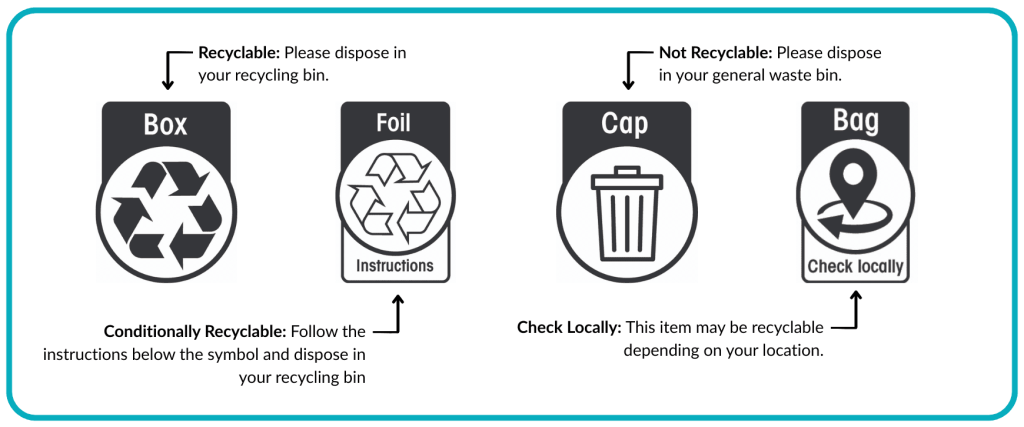
Plastic Identification Codes
Have you ever wondered what those symbols on your plastic packaging mean?
When plastic products are manufactured, they’re often stamped with a number inside a triangle of arrows. This is called a Plastic Identification Code (PIC) or Resin Identification Code (RIC). It tells you what type of plastic the item is made from.
Generally, plastics labeled with codes 1 (PET), 2 (HDPE), and 5 (PP) are widely accepted in kerbside recycling bins. However, recycling rules can vary, so it’s always best to check the packaging to be sure.
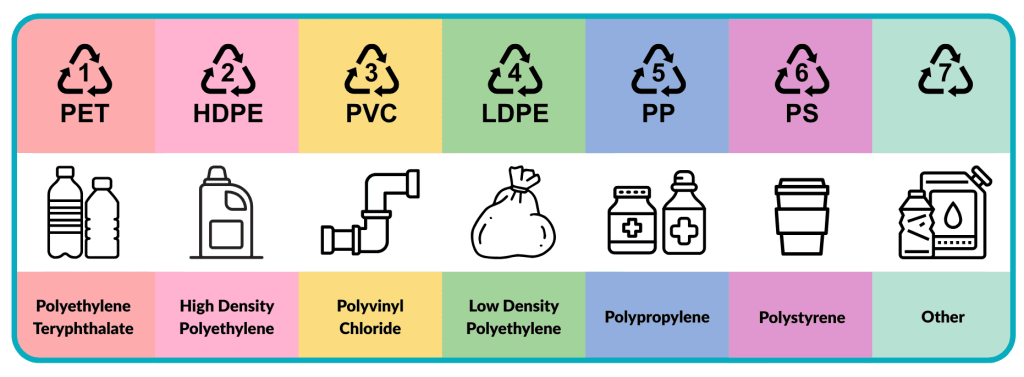
What Do the Plastic Identification Codes Mean?
TopPET is the most common and easiest plastic to recycle. It’s clear, lightweight, and typically used for soft drink, juice, and other beverage bottles, as well as vegetable oil containers.
Recyclable: Yes, rigid PET products can be recycled through your kerbside recycling bin.
Additional option: Most beverage bottles can be returned to a Return & Earn drop-off point for a 10-cent refund.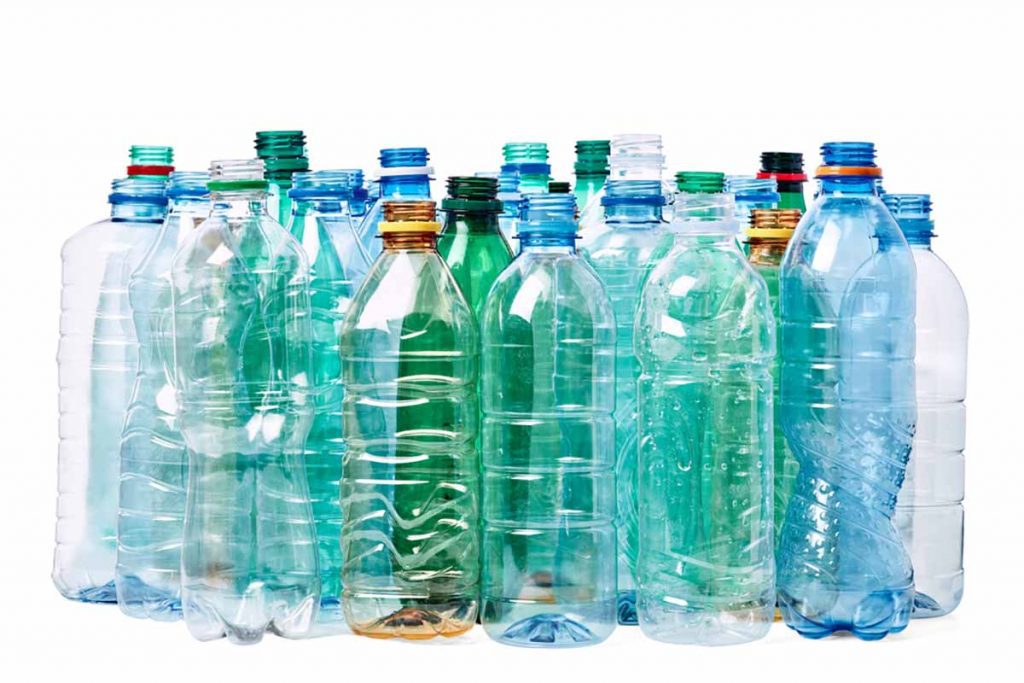
HDPE is found in both soft and rigid forms. It’s commonly used for milk containers, bleach and detergent bottles, shampoo bottles, and butter or yoghurt tubs.
Recyclable: Yes, rigid HDPE products can be accepted in your kerbside recycling bin. 
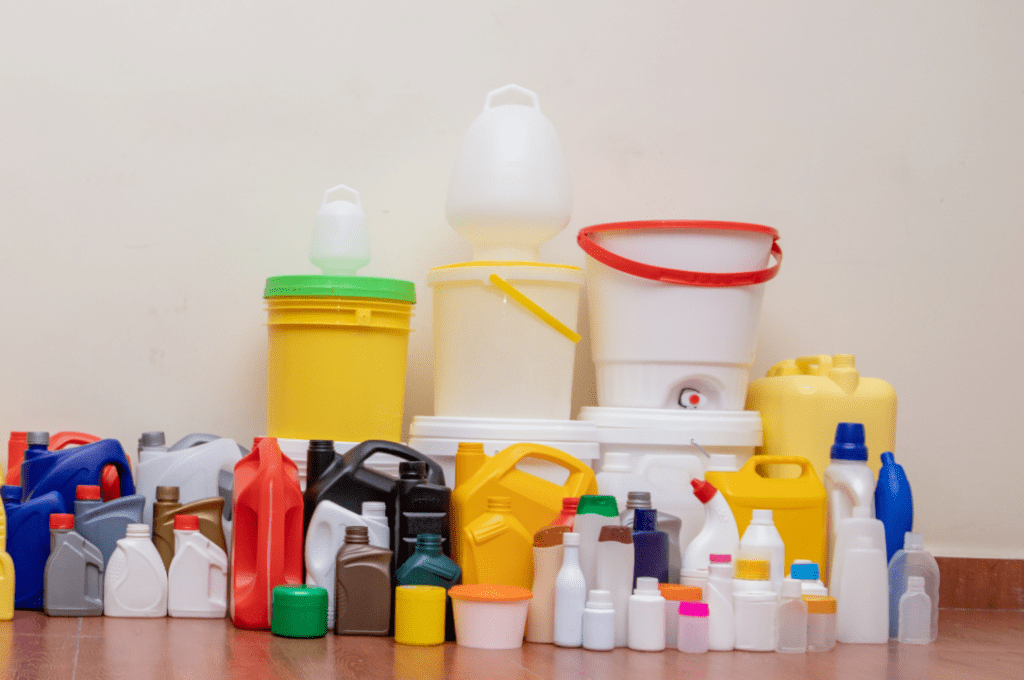
UPVC is a tough, inexpensive material used in toys, piping, medical equipment, and clear cordial or liquid soap bottles.
Recyclable: No, UPVC is generally not recyclable through your kerbside recycling bin as it requires specialised processing.
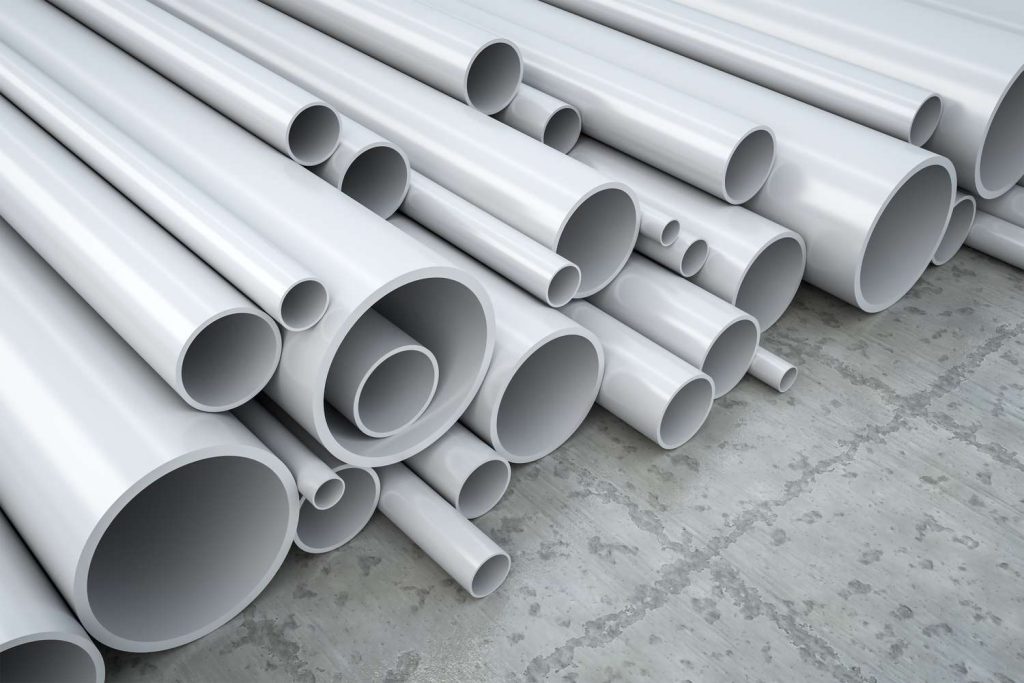
LDPE is soft and flexible, commonly used in produce bags, shopping bags, bin liners, sandwich bags, and bubble wrap.
Recyclable: No, LDPE products are not accepted in your kerbside recycling bin.
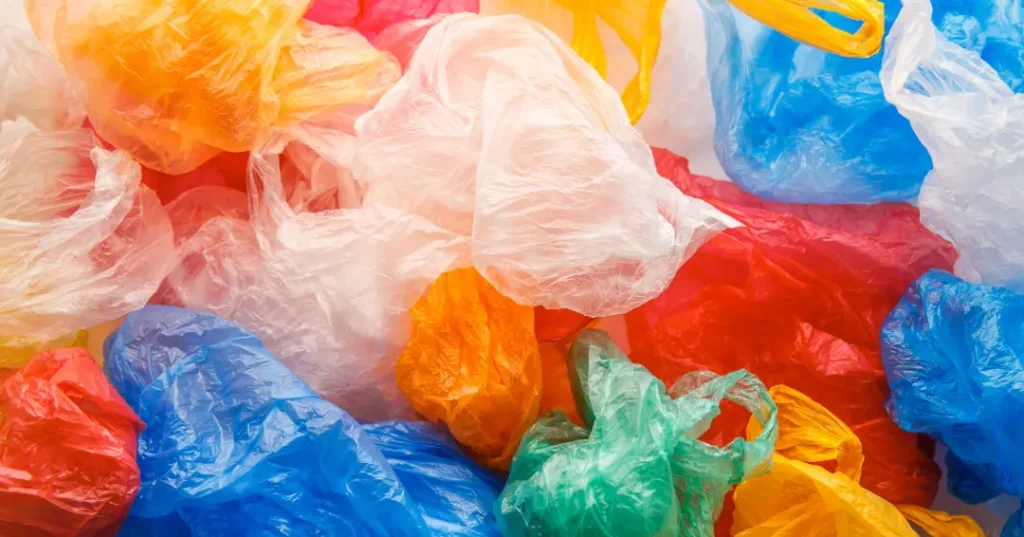
PP is hard and flexible, used in items such as ice cream containers, yoghurt tubs, syrup bottles, and medicine bottles.
Recyclable: Yes, most PP products are accepted in your kerbside recycling bin.
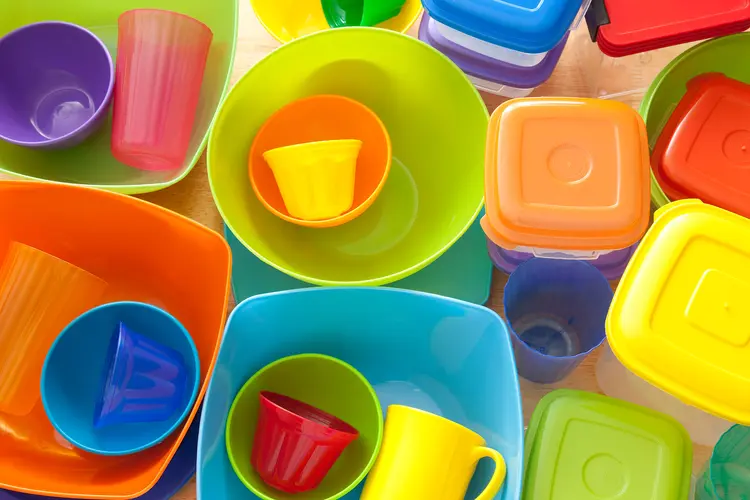
Polystyrene is bulky, lightweight, and difficult to recycle. It’s used in disposable coffee cups and plates, foam packaging, and meat trays.
Recyclable: No, not through your kerbside bin.
Alternative option: Polystyrene in its foam packaging form (also known as expanded polystyrene or EPS) can be dropped off at the Dunmore Waste Depot for free recycling.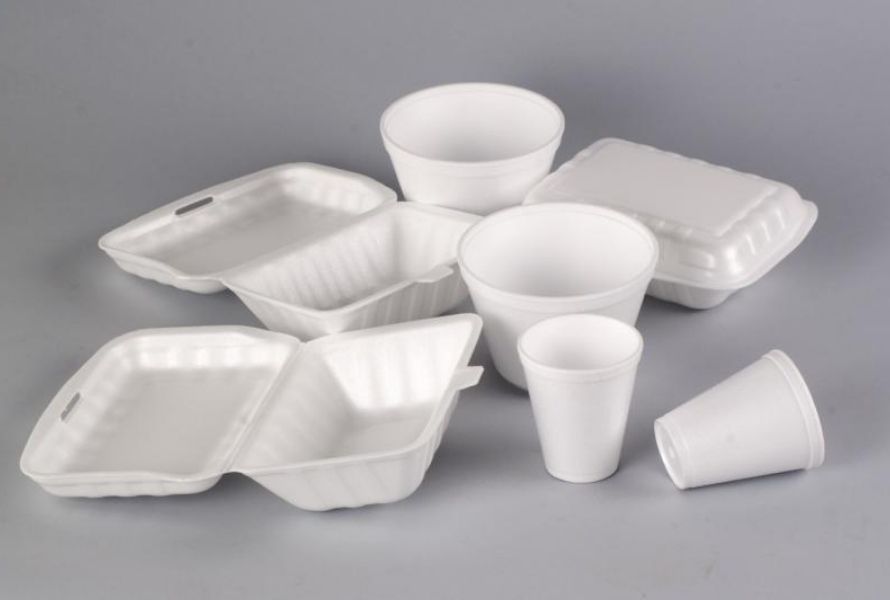
This category includes plastics that don’t fit into the other six types, such as acrylics, nylon, rope, sunglasses, and CDs.
Recyclable: No, these plastics are not accepted in your kerbside recycling bin.



